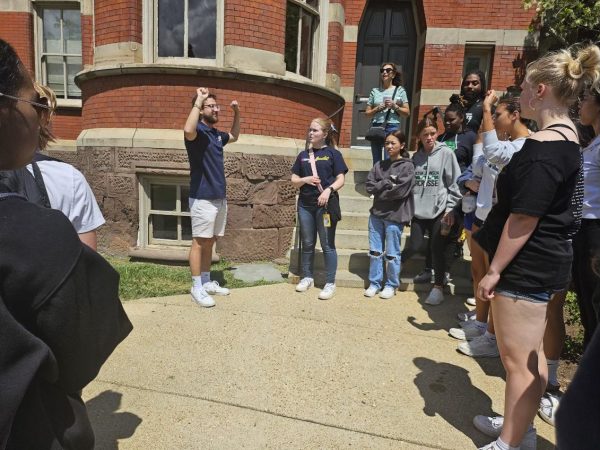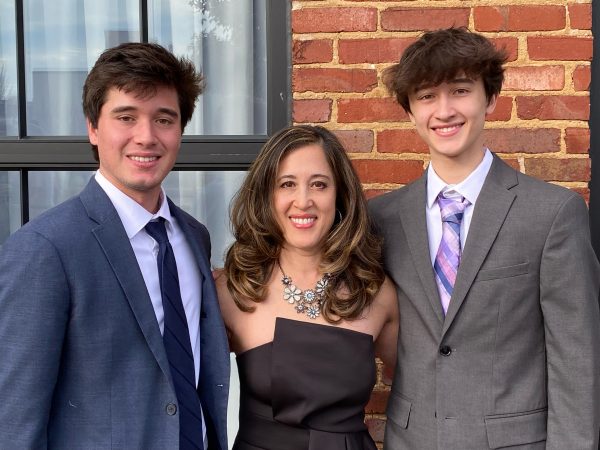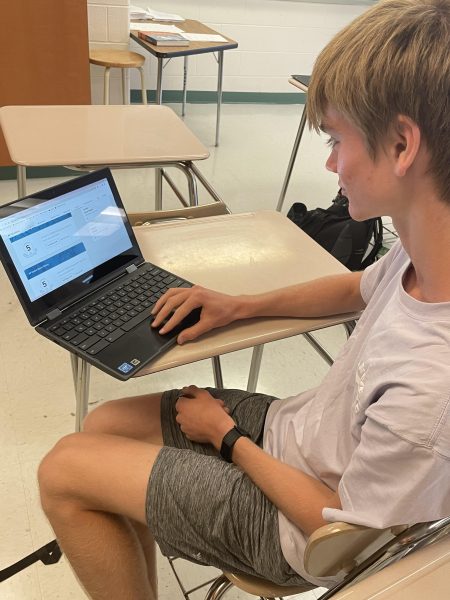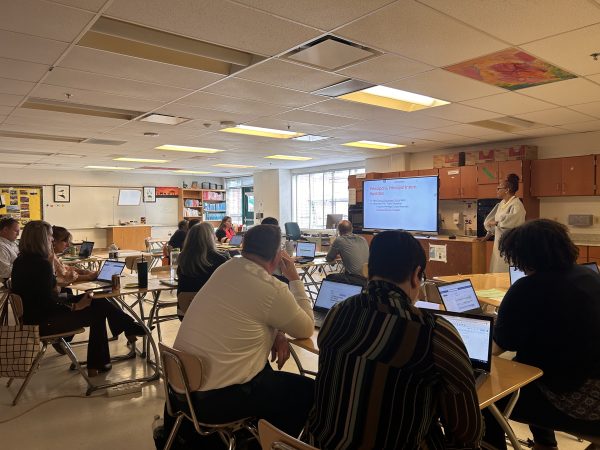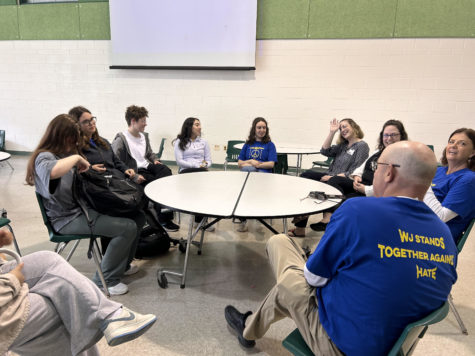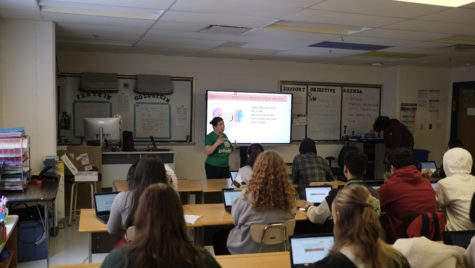Sex and the Suburbs
November 11, 2010
According to The Alan Guttmacher Institute, a non-profit organization for the advancement of sexual health, nearly half (46 percent) of American teenagers between the ages of 15 and 19 have had sex at least once. At WJ, a recent survey concluded that 20 percent of ninth through twelfth graders have had sexual intercourse and only 29 percent of students plan to abstain until marriage. With a large portion of teenagers having sex, accurate information about sex is essential to protecting students from the dangers of STDs, early pregnancies and emotional trauma.
Depictions of sex communicated through television programs, the internet, advertising and peers, often inform teenagers’ decisions about their own sexual activity. However, many of these portrayals glaze over the real risks of sex, which leaves educators and parents with the task of figuring out the appropriate way for sex to be treated in regards to America’s youth.
Handling Sex in the Media
A study by the medical journal The Archives of Pediatrics & Adolescent Medicine found that teenagers who are exposed to highly sexualized content on television in middle school are more than twice as likely to engage in sex in high school as their peers who had less exposure.
Shows like “Gossip Girl” and “90210,” which are targeted towards teens, show extremely racy sex scenes between high school students. “Gossip Girl” glamorizes young sex by showcasing characters engaging in sex, using sex as a tool for revenge, and participating in threesomes. The show ran a campaign advertising itself as “very bad for you” and “every parent’s nightmare.”
Shows like these often depict sex without addressing the risks involved. In reality, 750,000 teenagers get pregnant every year in the United States, and one in four sexually active teenagers contract an STD every year.
“These television shows do not include serious possible consequences such as pregnancies, STDs, HIV, etc.,” said one freshman. “Teens need to remember that the characters on the show are not real, and everything that happens is part of the script, not real life.”
Other programs have taken a different approach: MTV shows like “Teen Mom” and “16 and Pregnant” do exactly what “Gossip Girl” doesn’t: show the ramifications of having sex. The existence of these shows has sparked some controversy, as bloggers and parents claimed that the shows associated teen pregnancy with celebrity status.
Others, however, think that shows like this are the best form of birth control.
Health Education in Schools
With so much controversy and misinformation available, most schools districts have taken it upon themselves to require sex education in health. The debate rages over whether abstinence-only education prevents kids from experimenting with sex, or whether teaching students about sex helps them make safer, and more informed decisions.
The Obama administration cut $170 million in annual funding for abstinence-only education when reports concluded that it was ineffective in educating students. New reports from The Archives of Pediatrics & Adolescent Medicine, however, claim that middle school students who received abstinence-only education were significantly less likely to have sex within two years than their counterparts, who were taught a curriculum of safe sex and contraception.
The National Abstinence Education Association (NAEA) claimed that these new reports indicate that abstinence-only education is the most effective way to deal with teen sex.
“Despite this funding disparity, abstinence education fits soundly within the public health model for prevention and risk avoidance,” said the NAEA’s website. “And with a growing body of research showing its effectiveness, continued funding is not only warranted but also highly advisable to impact and improve teen health in America.”
However, with 71 percent of WJ students not planning on abstaining from sex until marriage, the argument for a more comprehensive sex education system emerges.
“Let’s get one thing straight right now: there’s nothing that’s going to prevent teenagers from having sex,” said Locker. “Teenagers should be taught how to protect themselves if and when they choose to have sex; there’s no other way to prevent diseases and unwanted pregnancies.”
Though one freshman agrees that it’s unrealistic to assume teenagers won’t have sex, the benefits to abstinence-only education are also apparent.
“I feel that [abstinence-only education] is not very effective because realistically, some teens are going to have sex, and if people ignore that, then those teens are not going to learn about safe sex. However, abstinence-only education is also beneficial because it lets us know that abstinence is definitely an option.”
“That show is the furthest thing from sexy or enjoyable, and is more likely to make you lose your faith in humanity than encourage you to have sex,” said senior Maggie Locker. “[16 and Pregnant is] the ‘What Not to Wear’ of decision-making and life choices.”
MTV even enforced this message by working with the The National Campaign to Prevent Teen and Unplanned Pregnancy, and created free viewing guides that are aimed to create open lines of communication between parents and their children about sex.
Parental Influence
But for all the debate about how sex should be handled by the media and schools, communication between parents and teenagers is still shown to be the most influential factor in a teenager’s decision to have sex, and their primary mode of information. Two thirds of teens share their parent’s views on sex, and almost all sex education curriculums promote the idea that communication within the home is the key to a healthy knowledge of sex.
Almost 60 percent of WJ students said that they felt comfortable talking to their parents about sex. But for the 41 percent who couldn’t talk to their parents about sex, accurate information is harder to come by.
“Parents shouldn’t rely on the school to teach their kids about sex,” said Locker. “If they’re too squeamish to talk to their children about what’s important, then they should at least slide a pamphlet about safe sex under their child’s bedroom door.”











































